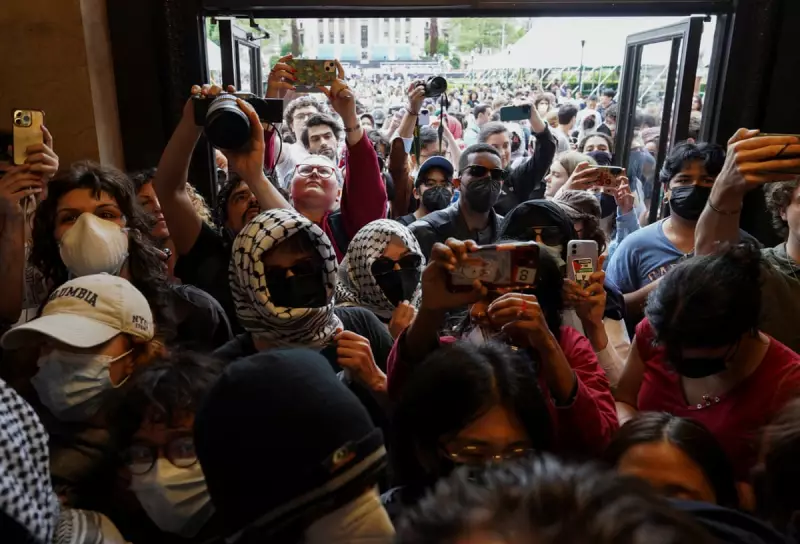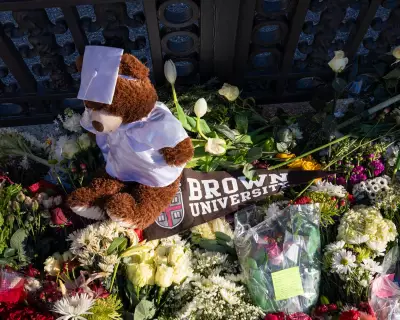
Columbia University has taken decisive action against students involved in a pro-Palestinian protest at one of its libraries, suspending and banning dozens from campus. The move has ignited fierce debates over freedom of speech and the limits of student activism.
What Happened at Columbia?
The protest, which took place last week, saw students occupying a university library to demand the institution divest from companies linked to Israel. Demonstrators reportedly disrupted library services, leading to complaints from other students and staff.
University's Response
In a statement, Columbia officials confirmed that at least 50 students have been suspended and banned from campus for the remainder of the academic year. The university cited violations of campus policies regarding disruptive behaviour and unauthorised occupations of university spaces.
Student Reactions
Protest organisers have condemned the suspensions as an attack on free speech, while some faculty members have expressed concerns about the severity of the punishments. However, other students have supported the university's decision, arguing the protest went beyond acceptable limits.
Broader Implications
This incident is the latest in a series of campus controversies across US universities regarding the Israeli-Palestinian conflict. It raises important questions about:
- The balance between free speech and campus order
- Universities' roles in political conflicts
- The appropriate consequences for disruptive protests
As tensions continue, many are watching to see if this decision will set a precedent for handling similar protests at other institutions.





